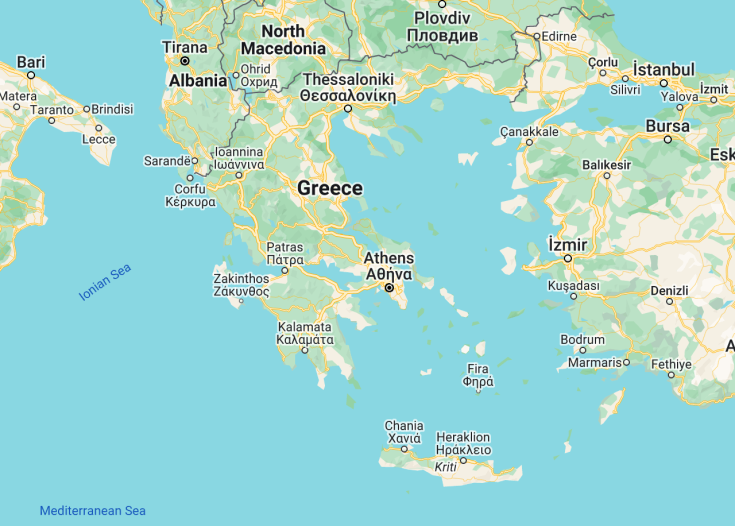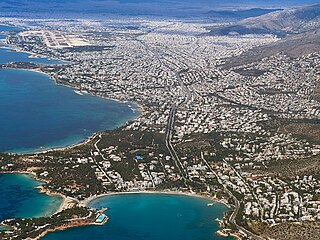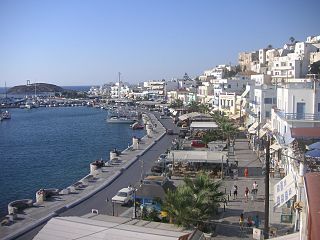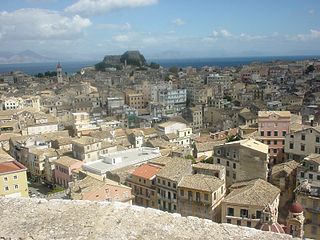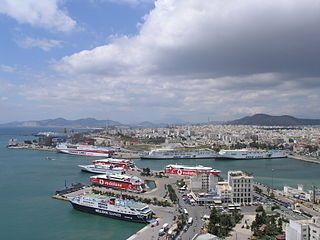Greece, the cradle of Western civilization, offers a mesmerizing blend of ancient history, breathtaking landscapes, and vibrant culture. From the iconic Acropolis in Athens to the stunning beaches of Santorini, the country’s beauty is evident in every corner. Explore the charming whitewashed houses of the Cycladic islands, indulge in delicious Greek cuisine, or immerse yourself in the rich mythology that permeates the land. Greece is a destination that promises an unforgettable experience for travelers seeking to discover the birthplace of democracy and fall in love with its unparalleled beauty.
Experience the magic of Greece by taking a cruise around its picturesque islands.
Discover the archaeological wonders of Delphi and Olympia for an authentic glimpse into ancient Greek history.
Top destinations in Greece
Greece: The birthplace of Western civilization.
| Capital | Athens |
| Time in Greece | GMT +2 |
| Language spoken | Greek |
| Population | 10.4 million (Source: World Bank, 2021) |
| Religion | Eastern Orthodox (90%) Islam (2%) Other Christian (3%) Other (5%) |
| Currency | Euro (€, EUR) |
| Airports | Athens International Airport Thessaloniki Airport “Makedonia” Heraklion International Airport “Nikos Kazantzakis” Rhodes International Airport “Diagoras” |
Greece, the birthplace of Western civilization, is a country that offers a rich history, stunning landscapes, and endless cultural experiences. Located in southeastern Europe, Greece is known for its ancient ruins, beautiful islands, and delicious cuisine.
Where is Greece located?
Greece is located in southeastern Europe, bordered by Albania, North Macedonia, Bulgaria, and Turkey. It is surrounded by the Mediterranean Sea to the south.
What is Greece famous for?
Greece is famous for its ancient history and contributions to Western civilization. It is home to iconic archaeological sites such as the Acropolis in Athens, the ancient city of Delphi, and the ruins of Olympia. Greece is also known for its beautiful islands, including Santorini, Mykonos, and Crete, which attract tourists from around the world with their stunning beaches and picturesque landscapes.
History
Greece is a country with a rich and fascinating history that spans over thousands of years. From the foundation of the city to the present day, Greece has been at the center of numerous significant historical periods. Here, we will explore these different eras and the events that shaped the nation.
Prehistoric Era – 3,000 BCE to 1,100 BCE
The history of Greece dates back to the Prehistoric Era, when the Minoan and Mycenaean civilizations flourished. The Minoans, known for their advanced palace complexes in Crete, were a highly developed society with a sophisticated culture. The Mycenaeans, on the other hand, were skilled warriors and were responsible for the construction of impressive fortified cities.
Classical Era – 5th to 4th century BCE
The Classical Era is considered to be the golden age of Greece. It was during this period that the city-states, such as Athens and Sparta, emerged as powerful entities. Athens, known for its democracy and intellectual achievements, became the cultural and intellectual center of Greece. The philosopher Socrates, playwright Sophocles, and historian Herodotus were among the influential figures of this time.
Hellenistic Era – 323 BCE to 31 BCE
After the death of Alexander the Great, Greece came under the reign of his generals. This period, known as the Hellenistic Era, saw a fusion of Greek culture with that of the conquered territories. The city of Alexandria in Egypt became a major center of learning and trade, attracting scholars and travelers from around the world.
Byzantine Empire – 4th century CE to 15th century CE
The Byzantine Empire, with its capital in Constantinople (modern-day Istanbul), emerged as the successor to the Roman Empire. It was a Christian empire influenced by Roman, Greek, and Eastern traditions. The Byzantine Empire preserved and expanded upon many aspects of the Greek culture, including art, literature, and architecture.
Ottoman Period – 1453 CE to 1821 CE
In 1453, the Ottoman Empire conquered Constantinople, ending the Byzantine rule. Greece came under Ottoman control and experienced a period of cultural and political oppression. However, the Greek War of Independence in 1821 marked the beginning of the end of Ottoman rule and the emergence of modern Greece.
Modern Greece – 1821 CE to Present
Greece underwent a series of political changes and territorial disputes throughout the 19th and 20th centuries. The country faced challenges such as World War I, the Greco-Turkish War, and World War II. In the latter half of the 20th century, Greece transitioned to a democratic republic and became an active member of the European Union.
Visit Greece
What to see and do in Greece
Greece offers a multitude of attractions and activities for visitors to enjoy. Here are some of the must-see and must-do experiences in Greece:
- Explore the iconic Acropolis in Athens, including the Parthenon and other ancient ruins.
- Visit the ancient city of Delphi, known as the center of the world in Greek mythology.
- Relax on the stunning beaches of the Greek islands, such as Santorini, Mykonos, and Crete.
- Discover the ancient city of Olympia, the birthplace of the Olympic Games.
- Take a boat tour around the breathtaking Meteora monasteries, perched atop towering rock formations.
- Experience the vibrant nightlife and entertainment in Athens and Thessaloniki.
- Taste delicious Greek cuisine, including moussaka, souvlaki, and baklava.
- Go hiking in the scenic landscapes of Mount Olympus or the Samaria Gorge.
- Visit the historical sites of Epidaurus, Mycenae, and Knossos to immerse yourself in ancient Greek history.
Events in Greece
Greece hosts various events and festivals throughout the year, offering visitors a glimpse into its rich cultural heritage. Some notable events in Greece include the following:
- The Athens Epidaurus Festival: This is a summer arts festival that features theater, music, and dance performances in ancient theaters.
- The Carnival of Patras: One of the biggest carnivals in Europe, it includes parades, parties, and masquerade competitions.
- The Thessaloniki International Film Festival: A major event in the film industry, showcasing international and Greek films.
- The Nafplio Festival: Celebrated in the picturesque town of Nafplio, it includes music concerts and theatrical performances.
- The Ochi Day Parade: Held on October 28th, this parade commemorates Greece’s refusal to surrender to the Axis powers during World War II.
Best time to visit Greece
The best time to visit Greece is during the spring (April to June) and autumn (September to October) months when the weather is pleasant, and the tourist crowds are not as overwhelming. These seasons offer comfortable temperatures for exploring historical sites, lounging on the beaches, and participating in outdoor activities. Summer (July and August) is the peak tourist season, with hot weather and crowded attractions, especially in popular island destinations. Winter (November to March) is the off-peak season, and some tourist sites and services may have reduced operating hours. However, this period can be ideal for travelers who prefer a quieter and more affordable experience.
Is Greece worth visiting?
Greece is definitely worth visiting for anyone interested in history, culture, and natural beauty. The country’s historical significance cannot be overstated, as it was the birthplace of democracy, philosophy, and the Olympic Games. The ancient ruins, such as the Acropolis and Delphi, are awe-inspiring and provide a unique opportunity to walk in the footsteps of ancient Greeks.
Additionally, Greece’s picturesque islands offer stunning beaches, azure waters, and charming villages that attract travelers from around the world. The Greek cuisine is also a highlight, with its delicious flavors and fresh ingredients.
However, it’s important to note that Greece can be crowded during the peak tourist season, and popular destinations may be overrun with visitors. The economic crisis of recent years has also affected certain aspects of the country’s infrastructure and services. Nonetheless, with proper planning and research, travelers can have a fantastic experience exploring Greece’s rich history, enjoying its natural wonders, and immersing themselves in its vibrant culture.









